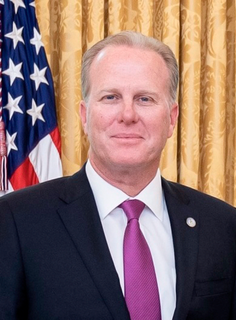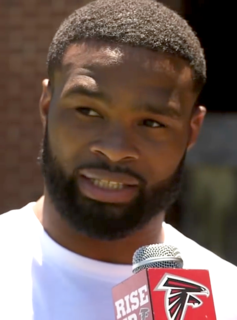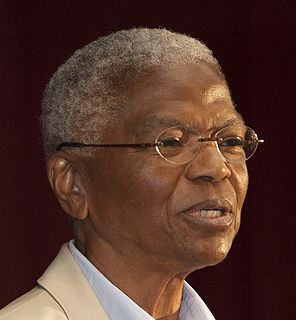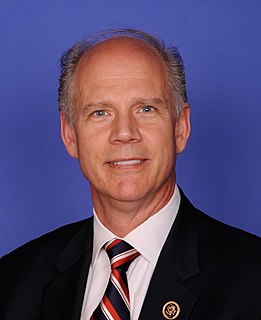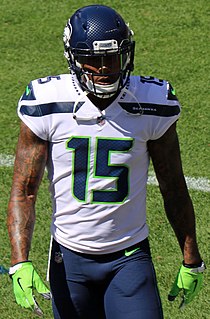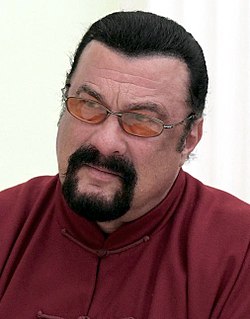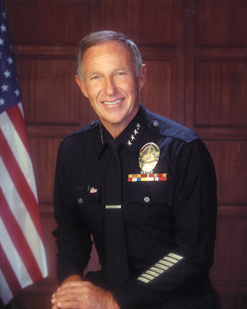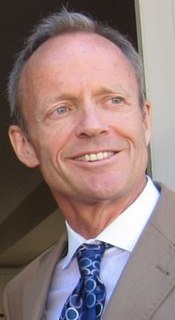A Quote by Kevin Faulconer
When residents feel like they can talk to the police, officers can stop crime before it starts.
Related Quotes
Multiple studies, including from the Justice Department, have shown that the guns used in homicides, including the killing of police officers, overwhelmingly tend to be small-caliber handguns. Moreover, gun ownership has increased over the past 20 years — the same period in which both the violent crime rate and the killing of police officers have been in decline.
